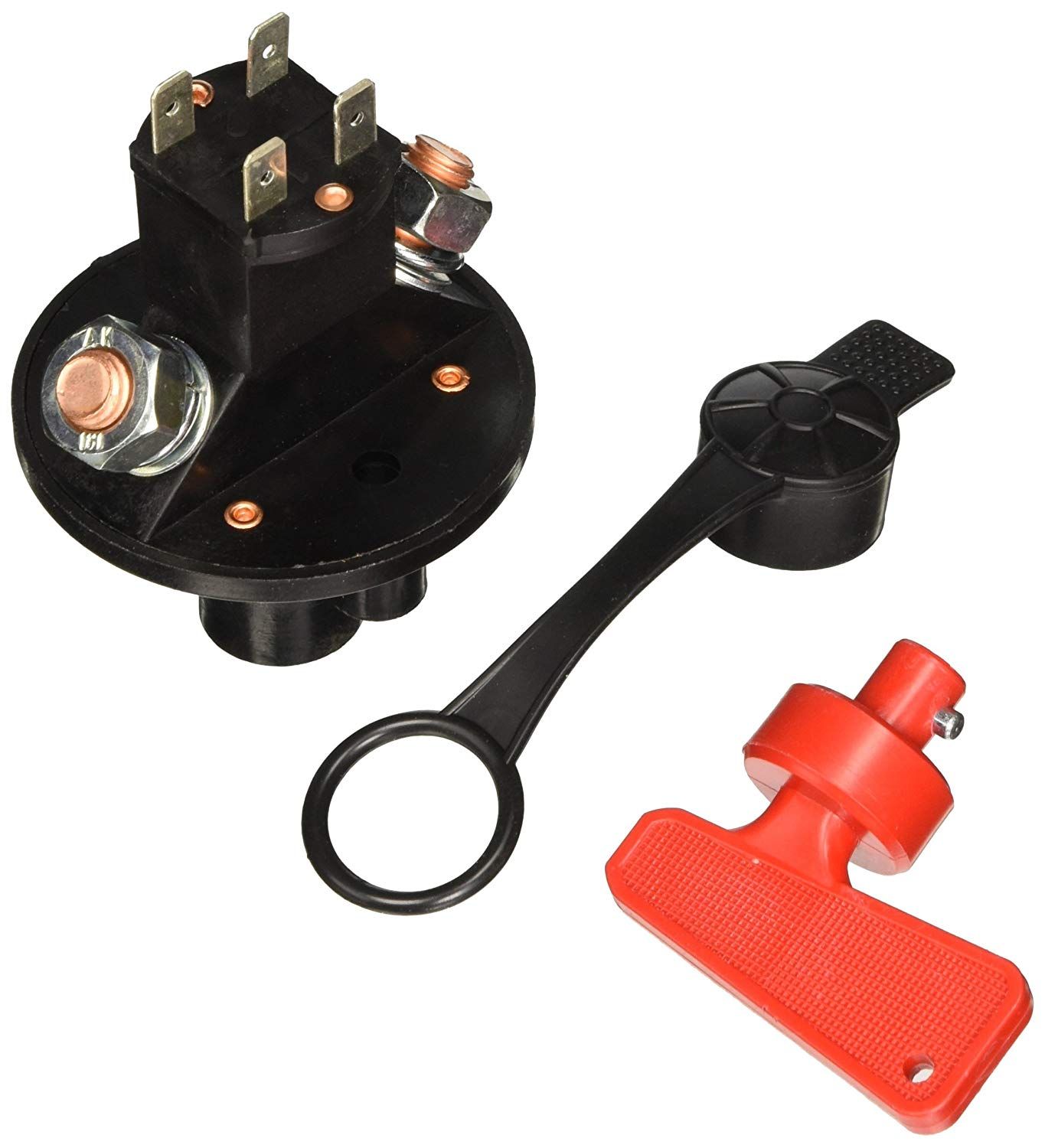For our application yes the positive terminal of the battery was connected to the disconnect switch and then the camper positive was also connected to the other pole.
Rv battery disconnect switch installation positive or negative.
As i was considering this it came to mind that somewhere i had read and or heard that the switch in this type of circuit should be on the positive side.
If your system has the battery negative tied to earth safety ground or frame ground of a vehicle then you want the switch in the positive leg.
If your battery bank is floating not tied to any sort of safety frame ground in theory you want a double pole switch that turns off both and power at the same time.
It s a class c mh so no 5er or tt issues.
To answer your questions.
Spotting the switch in the rv is quite easy.
This essentially adds a on off switch to the positive line going from the battery to the camper so when turned to off the camper devices do not continue to draw from the battery.
To wrap it up usually the best place to install a battery disconnect switch is at the negative battery terminal where it connects to the chassis.
The switch disconnects the battery s electrical power or isolates from the house portion of your rv.
I plan on installing a battery disconnect switch on our bc this spring when i bring it out of storage.
I say negative and heres why.
To provide more specific troubleshooting information we need to know the make model and year of your rv.
I did install a disconnect switch on the house battery negative terminal and will probably do the same on the chassis batteries.
My first inclination was to put the switch on the negative leg of the circuit.
Thus less amps on the switch.
The switch is rated at a steady amp and a momentary amp.
There s a more practical reason the negative post is more accessible and it doesn t have the extra hot wires going to the positive battery clamp to deal with.
Just be careful when making any connections to house batteries.
It s the same principle as why you should always disconnect the battery s negative side first.
In case your rv does not have one you can opt for an aftermarket rv battery disconnect switch installation.
So you re less likely to have the shower of sparks when disconnecting the switch since you re further away from the fender well sheet metal.
Typically the battery disconnect switch is designed to disconnect the house batteries similar to pulling the negative cable off the battery so nothing can drain it when the unit is not in use or in storage.
The battery system has the bim battery isolation manager on a separate fuse and relay panel.










